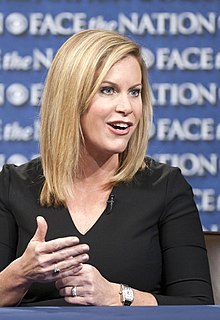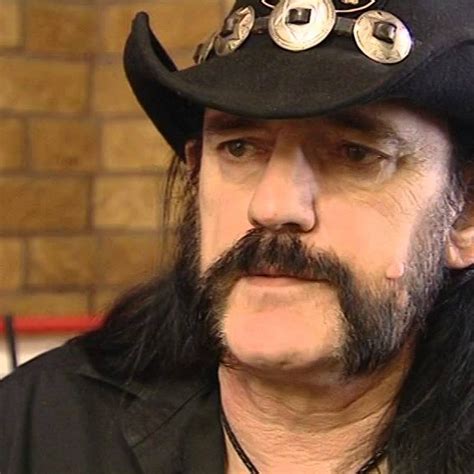A Quote by Rush Limbaugh
Henry Blodget says, "It is not clear what, if any, power and influence [Steven Lerner] currently wields. His main message - that Wall Street won the financial crisis, that inequality in this country is hitting record levels, and that there appears to be no other way to stop the trend - will almost certainly resonate."
Related Quotes
The rich believe that they're different and that it is their right to pay a much lower tax rate. The response that you see from people on Wall Street, their dismissal and their almost contempt for the concerns about their culpability in the financial crisis, about the income inequality, shows that they are completely out of touch.
Once again, the puppets on Capitol Hill are about to slam the Muppets on Main Street. The country still hasn't recovered from the Wall Street-induced financial cataclysm of 2008, yet Congress is preparing to enact the Orwellian 'JOBS Act' - a bill that should in fact be called the 'Return Fraud to Wall Street in One Easy Step Act.'
I heard governor Romney here called me an economic lightweight because I wasn't a Wall Street financier like he was. Do you really believe this country wants to elect a Wall Street financier as the president of the United States? Do you think that's the experience that we need? Someone who's going to take and look after as he did his friends on Wall Street and bail them out at the expense of Main Street America.
Tax the rich. End the wars. Break the power of lobbies in Washington. These are the demands of Occupy Wall Street. They are very important. The US corporations dominate Washington. The big oil companies, Wall Street banks and the military-industrial complex - they rule this country and their influence and power has to be broken.
My hope is that the film Wall Street 2 will actually serve as a way for us to bridge that gap between Wall Street and Main Street. Certainly that's dealt with in the film of how it does affect everybody, so, you know, I always find that when you can create a movie or a play or a book that gives somebody a safe theoretical place to discuss what is really going on in the day it tends to forward discussion, so that would be my hope coming out of the film.
In a manner akin to the influence of Tiger Woods on the other side of the Atlantic, Thierry Henry has helped kick down a few of the remaining bigoted stereotypes. Through his undisputable class and dignity, Henry has made a deep-seated difference to race relations in this country. Racism will flounder whenever white children grow up with a black man as their hero. That so few comment on Henry's colour is a silent tribute to his impact.






























